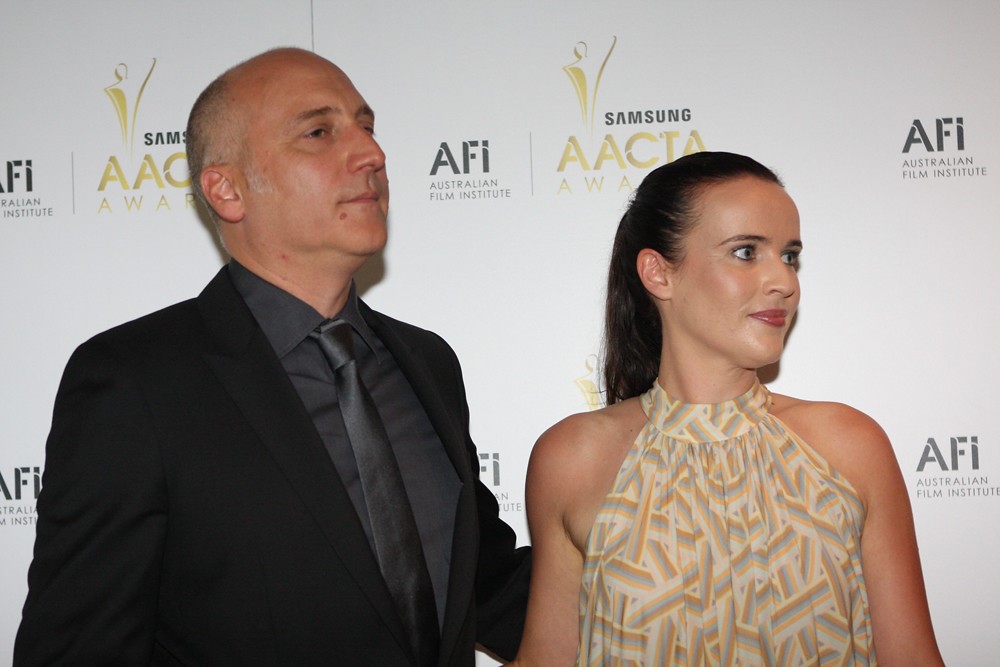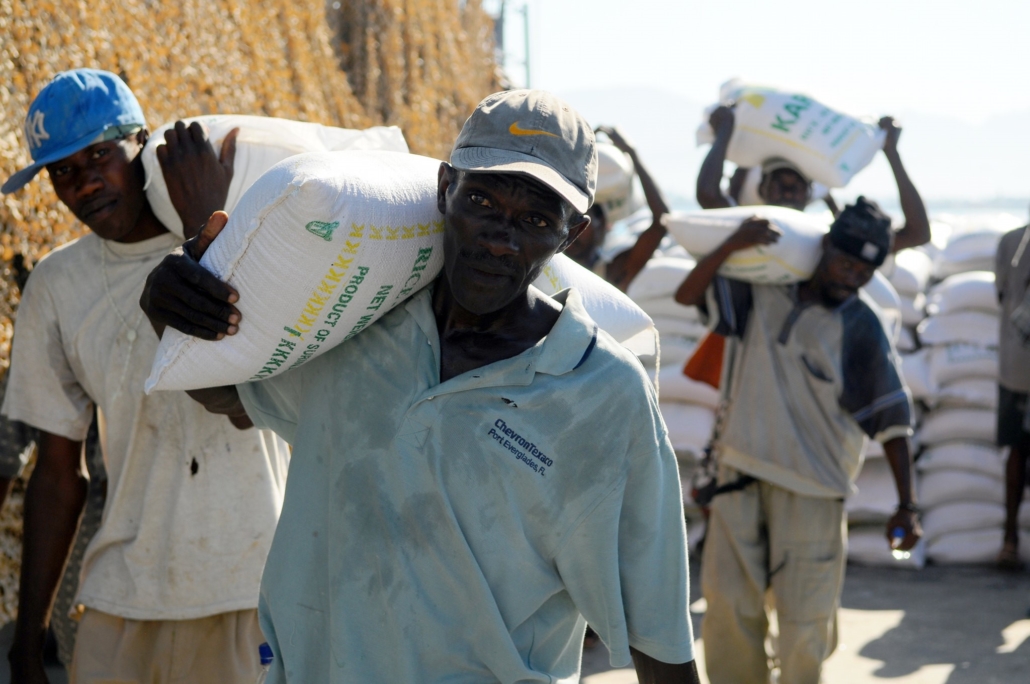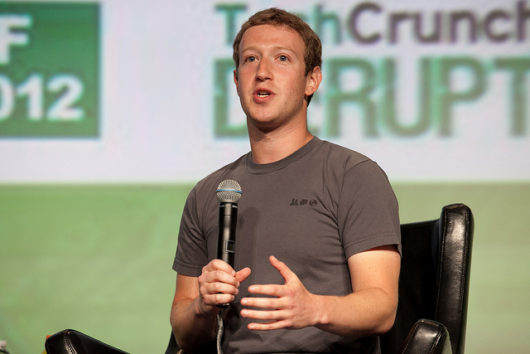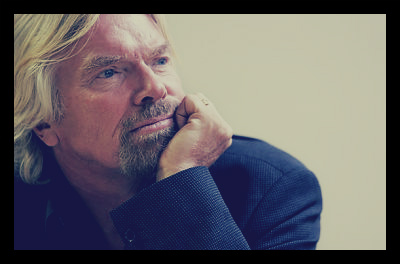 MacKenzie Scott, one of the wealthiest women in the world, inherited a 4% stake in Amazon following her divorce from Jeff Bezos in 2019. At the time, the stake held a value of $38 billion, growing to more than $60 billion today. Following her divorce, she signed onto the Giving Pledge, which U.S. investor Warren Buffett, Microsoft founder Bill Gates and Melinda Gates of the Gates Foundation established, pledging to give away at least 50% of her wealth to charity or “until the safe was empty.” In contrast to other pledgers, such as Mark Zuckerberg, Bill Gates and Buffett, Scott did not wait to live up to her promises. So far, Mackenzie Scott’s philanthropy has resulted in $6 billion to 500 organizations in 2020 with a further $2.7 billion in 2021.
MacKenzie Scott, one of the wealthiest women in the world, inherited a 4% stake in Amazon following her divorce from Jeff Bezos in 2019. At the time, the stake held a value of $38 billion, growing to more than $60 billion today. Following her divorce, she signed onto the Giving Pledge, which U.S. investor Warren Buffett, Microsoft founder Bill Gates and Melinda Gates of the Gates Foundation established, pledging to give away at least 50% of her wealth to charity or “until the safe was empty.” In contrast to other pledgers, such as Mark Zuckerberg, Bill Gates and Buffett, Scott did not wait to live up to her promises. So far, Mackenzie Scott’s philanthropy has resulted in $6 billion to 500 organizations in 2020 with a further $2.7 billion in 2021.
Vast Reach
The goal behind Mackenzie Scott’s philanthropy is to maximize her impact by donating to charities that other philanthropists often overlook. A $1.68 billion donation in 2020 went toward addressing various social issues. The largest portion ($587 million) of the donation went to racial equity, but a significant amount also went toward economic mobility ($399.5 million), global development ($130 million), functional democracy ($72 million), LGBTQ+ equity ($46 million), empathy and bridging divides ($55 billion), among other issues.
As a result, not only is Mackenzie Scott’s philanthropy generous but it also focuses on making the largest impact across a variety of social issues. In particular, in her latest donation of $2.7 billion, she emphasizes giving to more than 700 million people that live in extreme poverty across the globe. The objective was to find solutions with “on-the-ground engagement and diverse engagement.” Therefore, local teams with female leaders and people of color held priority positions.
To name a few, these organizations include Dream a Dream, GiveDirectly and Muso. Specifically, Dream a Dream focuses on empowering children from destitute backgrounds to receive an education and garner skills that will help them thrive in today’s world. GiveDirectly is a platform that provides direct cash transfers to people in need, primarily in African countries, with most people spending the aid on medicine, food, education and entrepreneurial projects. Last but not least, Muso focuses on preventing global deaths that arise from extreme poverty with frequent home visits to patients and access to care clinics. All of these organizations have different strategies on how to battle poverty and alleviate the issues that stem from it, employing diverse teams to enable more creative and effective solutions.
COVID-19 Funds
In addition to donating to poverty-related causes, the focus of Scott’s giving in 2020 was the COVID-19 pandemic. Estimates indicate that $4 billion out of the $6 billion that Scott gave away last year went directly to COVID-related causes. Scott’s donation accounts for about three-quarters of billionaire and high-net-worth individual pandemic-related philanthropy. Scott expresses that the pandemic fostered fresh inequalities in the world’s systems and that she feels compelled to do her part in improving an unjust and often unstable world. Therefore, Scott is not only staying true to her promise but has also become one of the most generous givers in recent years.
A Worthy Cause
MacKenzie Scott’s pledge to give away “until the safe was empty” represents a fresh and positive force to solve social problems that other philanthropists frequently overlook. Mackenzie Scott’s philanthropy is not only generous but also strategic with a focus on on-the-ground strategies and organizations with diverse teams to maximize the impact of her donations. Scott’s donations address racial inequality as well as global poverty and the consequent problems arising from it.
– Max Sidorovitch
Photo: Flickr





